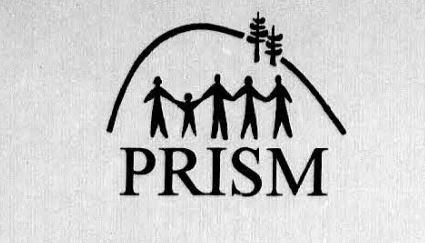Language for the planned Equal Justice Initiative Historical Marker, approved by a vote of 7-0-0, had been submitted by the DeKalb County NAACP branch. The language mentions three lynchings in DeKalb County -- in 1887, 1892 and 1945. "Thousands of black people were the victims of racial terror lynching in the United States between 1877 and 1950," it will read.
"This is part of us acknowledging some past hurt, some truths that happened. And we want to make sure that's part of our memorialization and memory of the victims who were lynched. That we make sure we apologize and say that we're sorry for such a horrendous act," Commissioner Larry Johnson said.
At the commission meeting, before reading one of the two monument sides, Johnson quoted the lyrics to the song "Strange Fruit, written by Abel Meeropol. The lyrics include: "Black bodies swinging in the southern breeze; Strange fruit hanging from the poplar trees."
"This is important milestone in the history of DeKalb," Johnson said.
Here is the full text that will appear on the marker:
LYNCHING IN DEKALB COUNTY
Side 1
"Between 1877 and 1950, racial terror lynchings of African Americans by white mobs in DeKalb County created a climate and legacy of violence and injustice that has not been previously acknowledged in DeKalb County. On July 26, 1887, a black man named Reuben Hudson, Jr. was riding on a Georgia Railroad train when a conductor claimed that he resembled a man accused of assaulting a white woman in Redan. After the conductor turned Mr. Hudson over to local officers. He was forced to go to Redan the following day, denied a trial, seized by a mob of 100 white men and hanged from a tree. On April 3, 1892, two unknown black men disappeared near Lithonia after they were accused of assaulting a white girl and were pursued by a mob. Newspaper coverage was wide but sparse and did not include their names. The newspapers reported that when the mob returned without the men, it was "generally understood that they were lynched." On August 21, 1945, Porter Turner, a black taxi driver who served white passengers, was found stabbed to death on the lawn of a physician in Druid Hills. Officials assumed the motive was robbery. However, almost a year later, an informant revealed that members of the Kavalier Klub -- a branch of the Georgia Ku Klux Klan -- were responsible for his death. Each of these lynchings terrorized the black community, and the perpetrators of these lawless acts were not held accountable. Memorializing these known and unknown victims reminds us to remain persistent and diligent in the pursuit of justice for all."
Side 2
"Following the Civil War, violent resistance to equal rights for African Americans, a need for cheap labor and an ideology of white supremacy led to fatal violence against black women, men, and children. Thousands of black people were the victims of racial terror lynching in the United States between 1877 and 1950. Lynching emerged as the most public and notorious form of racial terrorism and violence, intended to intimidate black people and enforce racial hierarchy and segregation. Many African Americans were lynched following accusations of violating social customs, engaging in interracial relationships, or committing crimes, even when there was no evidence tying the accused to any offense African Americans accused of these alleged offenses often faced hostile suspicion and a presumption of guilt that made them vulnerable to mob violence and lynching. White mobs regularly displayed complete disregard for the legal system, seizing their victims from jails, prisons, courtrooms, or out of police hands without fear of legal repercussions. Racial terror lynchings often included burnings and mutilation, sometimes in front of crowds numbering in the thousands. In many cases, the names of lynching victims were not recorded, revealing the indifference towards the injustices committed against them. Although many victims of racial terror lynching will never be known, at least 592 racial terror lynchings have been documented in Georgia."
The non-profit Equal Justice Initiative, based in Montgomery, Ala., was founded in 1989 by Bryan Stevenson. The organization, which honors more than 4,400 who were killed by racially motivated lynchings and violence, opened a museum and memorial last year.
